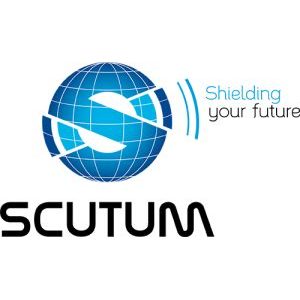Common Fire Hazards for Motor Industry
All commercial and domestic environments have their respective fire hazards, with the potential for a blaze breaking out manifesting itself in a number of different ways. The motor industry is full of working environments that contain high levels of fuel – one of the three elements that make up the fire triangle (along with a source of ignition and a source of oxygen).
This makes the identification and eradication of fire hazards within this area – especially concerning things that could ignite fuel in any way – all the more important.
Common Hazards
The fuels that are prevalent throughout the automotive industry, including petrol, solvents, paints and engine oils, are highly flammable and present the most immediate and obvious fire hazard on these premises.
The misuse of petrol is a particular risk, and staff working in motor industry environments must take extra care when draining fuel tanks.
Similarly, work using heat emitting equipment or machinery, such as soldering irons and spark-generating saws, must be carried out in regulated conditions well away from flammable materials.
As with any working or residential environment, fire risk is increased within the automotive industry if refuse is allowed to build up and isn’t regularly disposed of. This can present a danger both inside and outside the premises, with a collection of rubbish bags externally also presenting a risk from arson.
Avoiding Hazards
Good housekeeping is the primary method of avoiding fire hazards within the motor industry. In relation to vehicle servicing or repair garages, this means maintaining a rigorous schedule of cleaning, keeping any motor fuels and other flammable materials out of the way in secure locations, and being sure to clear up any spillages immediately and thoroughly.
The Dangerous Substances and Explosive Atmospheres Regulations 2002 (DSEAR) govern the storage and usage of flammable materials. As part of the DSEAR stipulations, a full inspection of the type of dangerous substances that are present on site, and at what point they constitute a fire risk.
All staff present must be fully trained as to the operation procedures for flammable materials, as well as information regarding the correct action should injury or fire occur as a result of misuse.
Designate areas that are used for storage of flammable materials as “no spark” or “no ignition” zones, dictating that staff may not use this type of equipment (or smoke) within these areas.
Careful attention to detail is vital in the hazardous environments operating with the motor industry. This relates both to organisation’s approach to cleaning, maintenance and working practices, as well as the conduct of the staff operating on the premises. Regular fire risk assessments will need to be carried out in order to identify threats to safety, with a particular focus placed on reducing the number of potential fire hazards that might go unnoticed for long periods.
Request a Callback
Just fill in your details below and we'll get back to you as soon as we can!

About Scutum London
Scutum London is a leading expert in fire safety and security solutions for businesses and organisations located across South East England, including London and Surrey.
From fire alarms, fire extinguishers and fire risk assessments to access control, CCTV and intruder alarm systems – and a lot more besides – we offer a comprehensive range of products and services designed to keep you, your business and your staff and visitors safe.
With decades of industry experience to call on, we’re proud to hold accreditations from leading trade associations and bodies such as British Approvals for Fire Equipment (BAFE), the British Fire Consortium, the Fire Industry Association (FIA) and Security Systems and Alarms Inspection Board (SSAIB).
If you’d like to find out more about Scutum London, get in touch with our friendly team or explore our products and services on our site.

